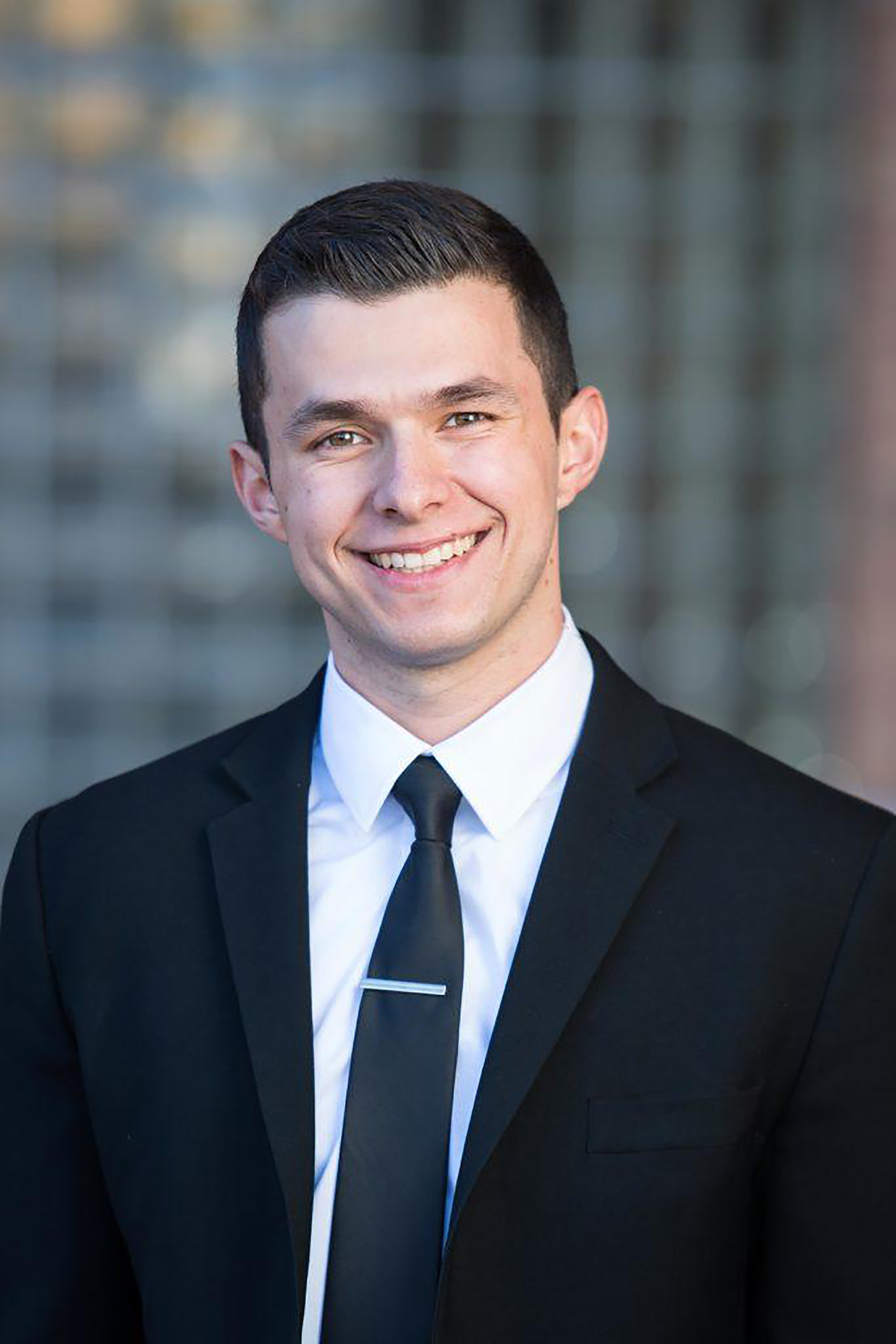
Outstanding Graduating Senior: Juan Pablo Forno
Outstanding Graduating Senior Juan Pablo Forno reflects on his time at Arizona State University, and where his W. P. Carey degree will take him.
Juan Pablo Forno realized when he came to Arizona State University that it’s not only important to determine the “why” of your purpose, but also the “who.”
“If your work only has an impact on yourself, it is very easy to cut yourself some slack when things get hard,” said Forno, who has been named the Outstanding Graduating Senior in the W. P. Carey School of Business for the fall 2016 semester.
“But when you have someone who you are working for, and someone else has a stake in the outcomes of your work, thinking of them will push you when you can’t push yourself.”
Forno, who received a degree in business entrepreneurship with a minor in international business, spent a lot of his time at ASU thinking of other people. A native of Guatemala, he transferred to ASU two years ago from a small college in Oklahoma and joined the Hispanic Business Students Association his first semester here.
As head of community relations for that group, he launched an event in 2014 that helped refugee children who came to the Phoenix area as unaccompanied minors after fleeing violence and poverty in Central America.
“They don’t have a normal childhood, so we tried to make them feel like kids again,” said Forno, who organized a day of games, recreation, and food at a local park for the kids, who live in shelters. Student volunteers at the event were trained in how to deal with children who suffered trauma.
He was gratified that the shelter staff told him the children were less emotionally closed off after the event.
“It helped to kick-start the healing process,” he said.
Forno said he’s grateful for the support that ASU offers to international students.
“Even ASU’s charter goals and values are very inclusive, and I never felt like I had less of an opportunity here because I was international,” he said. “But it also comes with sacrifices. I haven’t been home or seen a lot of my family in two years.”
Forno answered some questions for ASU Now:
Question: What was your “aha” moment, when you realized you wanted to study the field in which you majored?
Answer: When I was an exchange student in Italy after high school, I was so grateful for the experiences that I got the chance to enjoy — experiences that most people in my country never get the opportunity to live. I decided that I wanted to devote my life to helping people who were dealt the bad hands. I saw business as something that it is so woven into the fabric of our lives that it was the largest potential to drive change and progress. Entrepreneurship is the spirit of business and it is what drives this country, so what better way to make an impact than through entrepreneurship?
Q: Why did you choose ASU?
A: I came in as a transfer student because it was a school that offered a plethora of opportunities for people who want to get involved. Whether it was student organizations, highly regarded academic standings, networks or just the overall values for what the school stands for, I thought ASU had the complete package. I also had my uncle who lived in Mesa and being an international student, having a family member nearby is super important.
Q: What’s the best piece of advice you’d give to those still in school?
A: I would tell them that what they learn in their classrooms is only half of the education that they can get at ASU. I learned more from student organizations and leadership roles than I ever learned from a teacher. It is also the best way to have an impact on others and in the community.
Q: What are your plans after graduation?
A: I intend to go back home to Guatemala for a few months, and then I will come back to the U.S with a temporary work permit. I will be working with a non-profit called Advance Guatemala, but I will also look for a job that will help foster my leadership skills.
Q: If someone gave you $40 million to solve one problem on our planet, what would you tackle?
A: I think that if we are serious about staying on this planet for more than 100 years, we ought to pay more attention to the repercussions of running businesses with a limitless perspective in a world with limited resources. There are a lot of problems that I would like to tackle, but they would all mean nothing if we don’t have a place to live. Protecting the environment is something that I am very passionate about. If I had $40 million, I would use it to advance the search for efficient sources of energy that are sustainable.
Latest news
- Gifts that give back
This holiday season, give gifts that stand out — and support the Sun Devil community — from…
- Who is the new Brazilian owner of Hickman's Family Farms?
The sale of Arizona's largest egg producer could lead to 15% higher prices due to fewer choices…
- Understanding the Fed’s rate cuts: ASU professor provides insights
Will lower rates impact economic growth? A W. P. Carey finance expert weighs in.